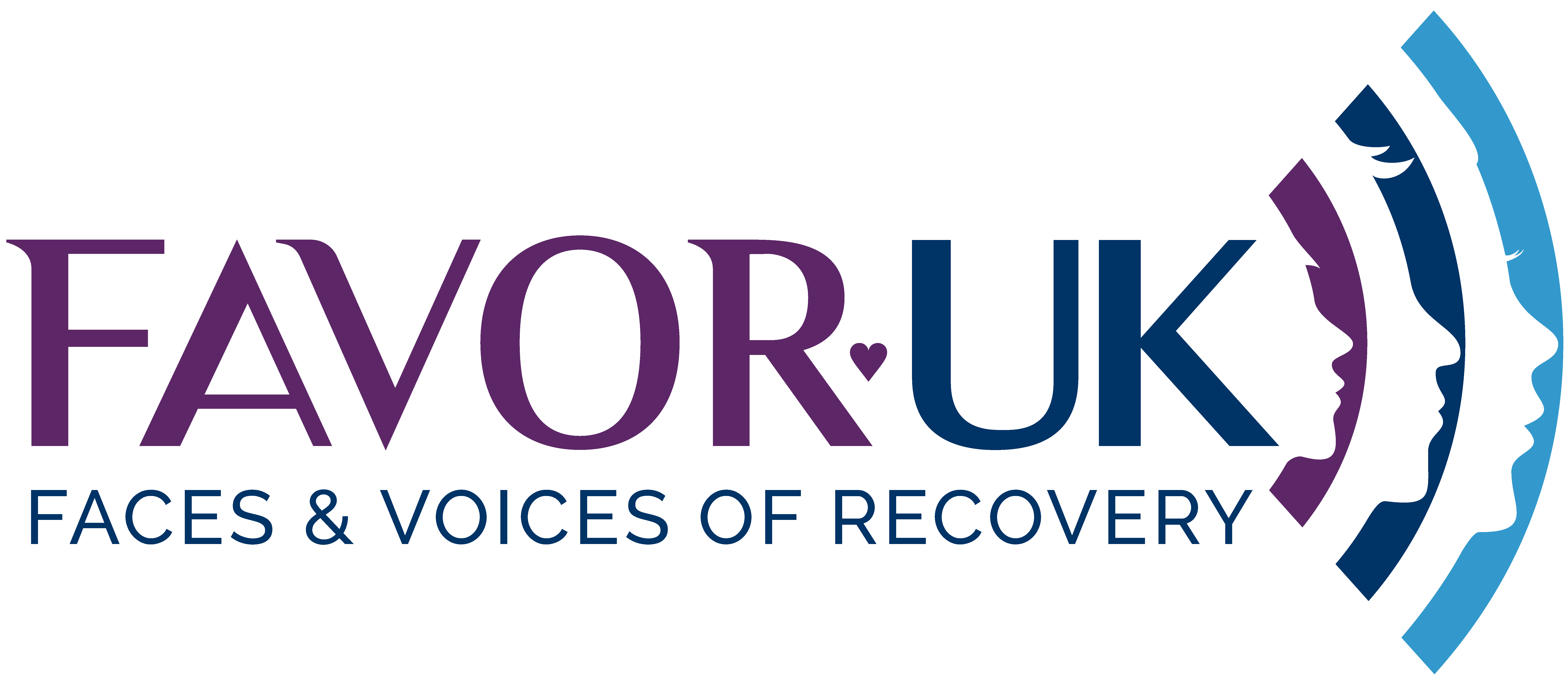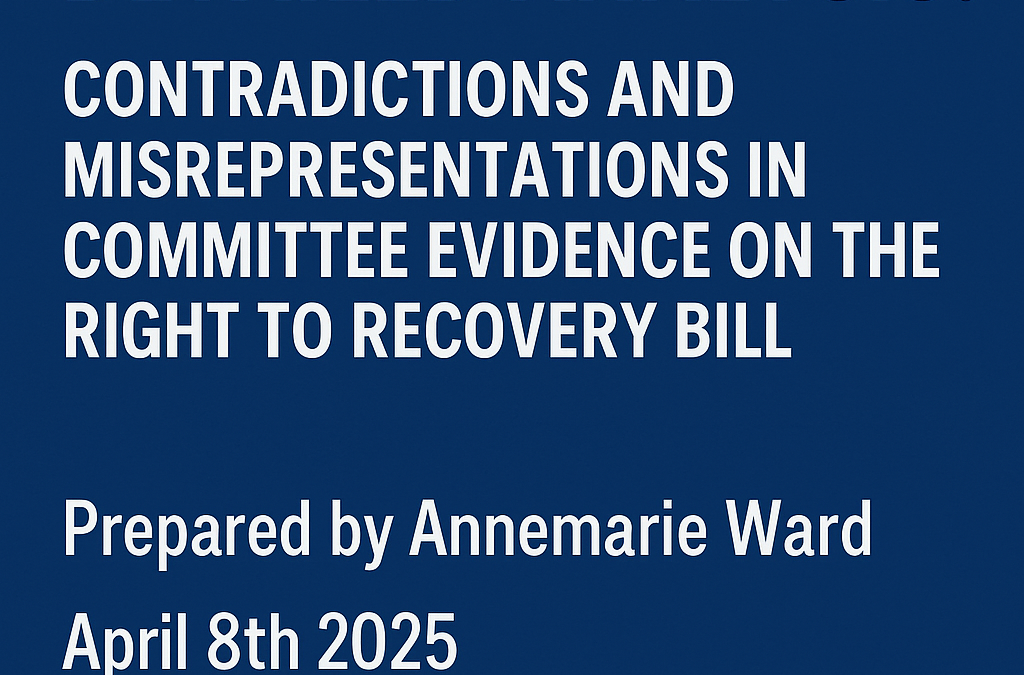Introduction
Scotland is in the grip of a national emergency, an addiction crisis that continues to claim lives at a rate unmatched anywhere else in Europe. Yet during the Health, Social Care and Sport Committee’s Stage 1 scrutiny of the Right to Recovery (Scotland) Bill, what should have been a rigorous, evidence-informed discussion was instead marred by contradictions, selective reasoning, and ideologically motivated misrepresentation.
This report exposes the dissonance between the lived experience of thousands of Scots in recovery and the institutional narratives used to dismiss the need for legislative change. It reveals how certain witnesses, many occupying positions of authority in addiction services, offered testimony that not only contradicts international best practice but also denies the very real barriers that people face when seeking help.
Rather than acknowledging the system’s failures, the Committee heard arguments that suggested the current patchwork of policies and guidelines is functioning adequately. This is not only disingenuous, it is dangerous. The evidence presented by some panellists appeared designed to protect existing structures and funding streams, not to improve lives or uphold human rights.
The Right to Recovery Bill offers a legally enforceable path toward treatment, dignity, and equity for people affected by addiction. To undermine it using half-truths, institutional defensiveness, or bureaucratic inertia is to prolong a status quo that is failing our communities. FAVOR UK refuses to remain silent while such critical misrepresentations distort public understanding and legislative progress.
Executive Summary
This report provides a detailed analysis of testimony presented to the Health, Social Care and Sport Committee during Stage 1 scrutiny of the Right to Addiction Recovery (Scotland) Bill. It identifies and challenges a series of contradictions, myths, and mischaracterisations offered by institutional witnesses, many of whom hold leadership roles in NHS boards, Alcohol and Drug Partnerships (ADPs), and local government bodies.
Key Findings
- Systemic Denial of Reality: Multiple witnesses claimed that rights to treatment already exist, despite overwhelming evidence, both statistical and experiential, of long waits, inconsistent access, and non-enforceable pathways.
- Misrepresentation of the Bill’s Scope: The Bill was frequently and falsely portrayed as overly medicalised or exclusive of harm reduction, despite its explicit inclusion of all treatment options.
- Inconsistent Standards: The testimony ignored international models where legal rights to treatment have enhanced—not hindered, service flexibility, investment, and integration (e.g. Portugal, Canada, Norway).
- Deflection Through Stigma: Panellists frequently invoked concerns about ‘medical language’ or ‘diagnosis’ as stigmatising, while dismissing the human rights benefits of parity with other health conditions.
- Political and Professional Bias: Several MSPs echoed institutional talking points rather than interrogating the evidence, revealing a concerning deference to bureaucratic actors over the voices of lived experience and international best practice.
Conclusion
Scotland’s addiction services are not failing by accident, they are failing by design. A system that is unwilling to accept legal accountability for access to care cannot be trusted to reform itself. The Right to Recovery Bill is not radical. It is a long-overdue correction to decades of systemic neglect.
This report calls on MSPs, policymakers, and the public to reject the myths, scrutinise the status quo, and legislate for a future where recovery is not a postcode lottery, but a protected right.
Please download our full report on just how much they get wrong here

